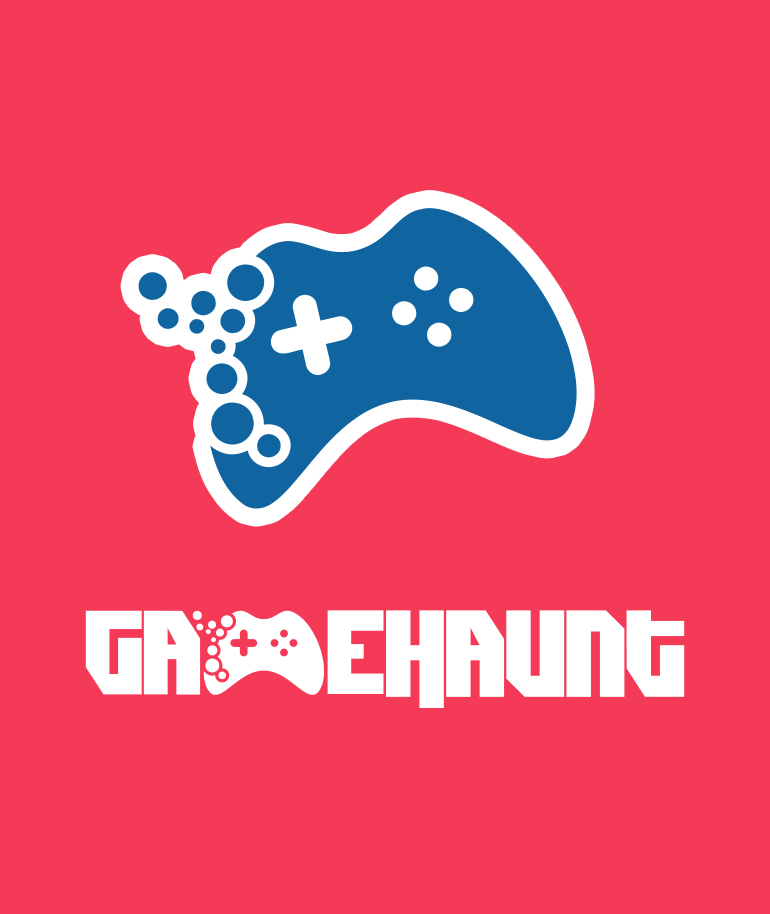In a move that surprises and intrigues in equal measure, Microsoft has unveiled three brand-new games. Yet, these aren't destined for the immersive worlds of Xbox or the expansive realms of PC gaming. Instead, Microsoft has chosen LinkedIn, the business-focused social media platform, as the unexpected home for its latest interactive endeavors. As of May 1st, LinkedIn users across Canada and beyond can engage with the puzzle games Pinpoint, Queens, and Crossclimb directly on both desktop and mobile versions of the platform. These games, designed to challenge users in word association, logic, and trivia, introduce a novel form of entertainment to the professional networking site.
Similar to the viral sensation Wordle, these games are crafted for daily enjoyment, offering a fresh challenge with each new day. Furthermore, players are encouraged to share their achievements—or amusing failures—within their professional networks on LinkedIn. This feature not only adds a layer of social interaction but also fosters a sense of community among users. Interested parties can dive into these games by visiting LinkedIn's dedicated games section.
What makes these games particularly compelling is their origin; they were developed by the LinkedIn News division. Dan Roth, LinkedIn News editor-in-chief, shared insights on the initiative's underlying motivation with TechCrunch, emphasizing the games' potential to strengthen network ties in an enjoyable manner. This initiative mirrors the trend observed on news sites, where games have been leveraged to boost engagement rates significantly. For instance, The New York Times' collection of games, including the popular Wordle, saw over eight billion plays last year alone, proving the effectiveness of games in maintaining audience interest.
By integrating Pinpoint, Queens, and Crossclimb into its platform, LinkedIn aims to capture the attention of its vast global user base, which surpasses one billion people. The professional networking site is placing its bet on the universal appeal of games to not only enrich the user experience but also to encourage users to spend more time on the platform.
This intriguing move by Microsoft to introduce gaming to LinkedIn highlights an evolving digital landscape where the lines between professional networking and personal entertainment start to blur. As these games begin to garner attention and engagement within Canada's professional community and worldwide, it will be fascinating to see how this strategy impacts user interaction on LinkedIn and whether it sets a precedent for similar initiatives in the future.





